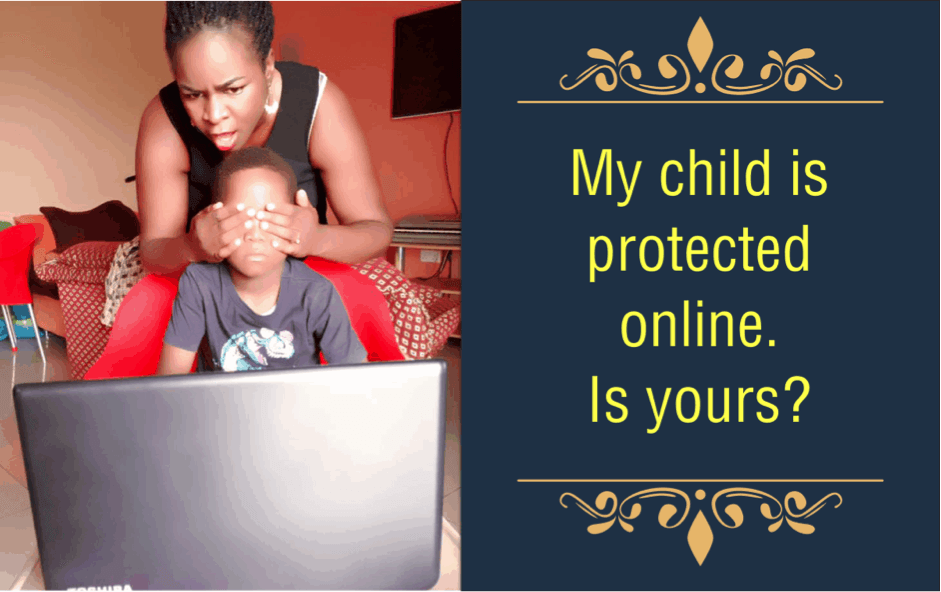
As web rangers around the world fight against cyber bullying and verbal abuse, let’s all join in the cause and be digitally responsible. Our security on the internet is a collective responsibility, and even though we might never be able to eradicate the dangers of interacting online, we can still reduce these.
Walking in from work the other day, I met my six year old son hurriedly trying to close a tab he had opened on the computer while doing his homework. On moving closer, I realised that he had been watching a film that wasn’t appropriate for his age. In that second, different thoughts ran through my mind of the benefits and dangers that the internet might have on him, and I made a conscious decision to teach my kid how to be safe, smart and make responsible choices online.
We live in an age in which almost everyone is connected to the internet in one way or the other – either through laptops, desktop computers, mobile phones or tablets. While the potential for the internet to be beneficial and valuable is huge, one could also be at the risk of abuse and illegal activity online.
Even though some users are genuine, it is also quite easy for others to hide their identities online, making it possible to come in contact with people one would normally avoid. Some examples of internet abuse and crimes include sexting, cyber bullying, cyber stalking, identity theft, fraud, etc., just to mention a few.
Even though we often overlook or ignore these crimes, there are real life unfortunate situations that have happened as a result of these issues. There is therefore need for internet users (especially young people) to be educated about online safety, so that they can engage in safe online practices and use.
To remedy this, parents, teachers and guardians are tasked with the responsibility of understanding how kids and young people use technology and social media networks.
Today’s generation of children are very cyber savvy, they can do amazing things with the computer, and most of them get to use the internet for their take home assignments. But they might not be able to handle the overwhelming situations and online problems that arise from making uninformed decisions.
To remedy this, parents, teachers and guardians are tasked with the responsibility of understanding how kids and young people use technology and social media networks. They also need technology literacy, online reputation protection information and social awareness as guides to protecting kids and younger people against cyber bullying, reputational destructive mistakes, identity theft, and other cyber crimes.
One example from the numerous internet crimes that has happened in Nigeria is the case of 24 year old Cynthia, the only daughter of General Frank Osokogu (rtd), who was reported to met and started chatting with two undergraduates on Facebook for two months, during which she had disclosed personal information to them, before agreeing to travel to Lagos to meet with these men. Rather unfortunately, the young lady ended up getting drugged and killed by these undergraduates who were only interested in fleecing her.
As web rangers around the world fight against cyber bullying and verbal abuse, let’s all join in the cause and be digitally responsible. Our security on the internet is a collective responsibility, and even though we might never be able to eradicate the dangers of interacting online, we can still reduce these. As such, let’s exercise safety online and encourage our kids to do the same.
Mbanan Mku is communications officer for the Nigerian Integrity Film Awards (HomeVida); an initiative of the Public and Private Development Centre.
This article was first published on the Homevida blog.
END

Be the first to comment